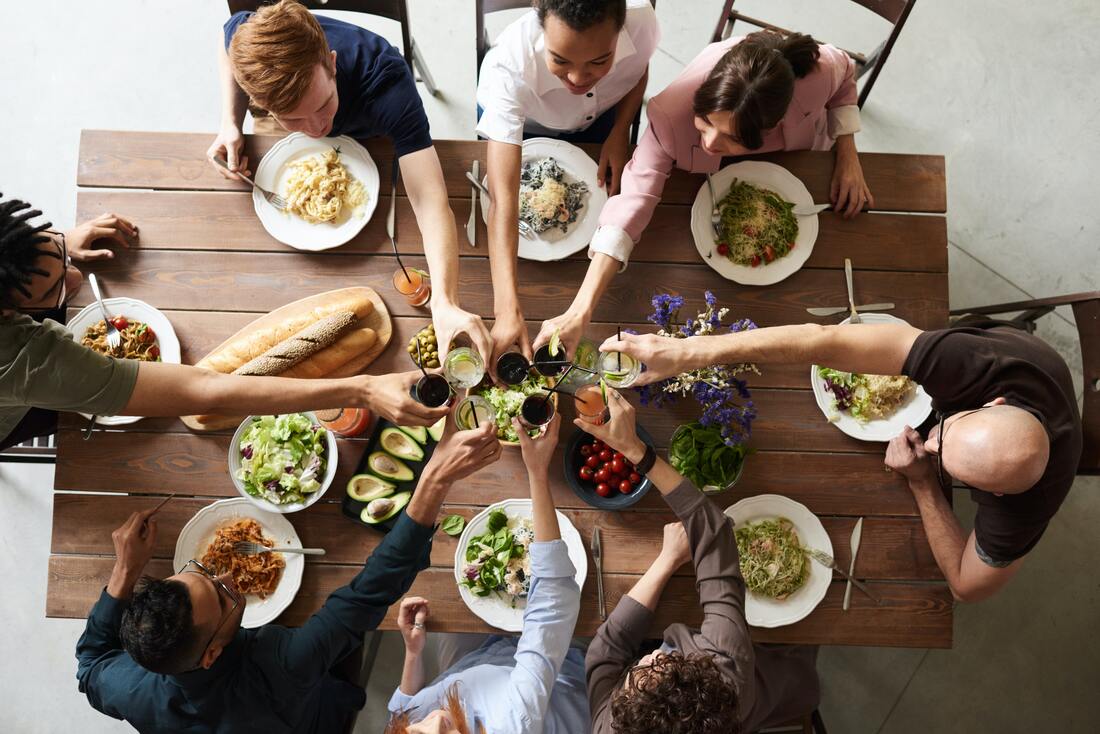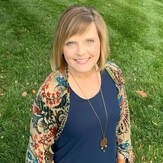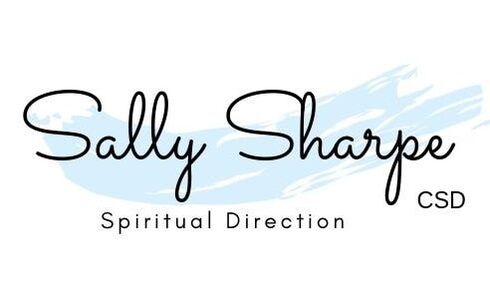|
If you’re online, you’ve probably seen at least one of the Holderness family’s funny music parody videos (theholdernessfamily.com). They’ve been especially relatable and entertaining this past year as we’ve all been walking through this unprecedented pandemic wilderness experience together. Believe it or not, Kim Holderness is an introvert, and recently she wrote about needing to ease back into social activity after this long season of isolation. (She admits extroverts will feel very differently about that!) Kim says when it comes to all sorts of relationships, she approaches them the way she gets into a pool—slowly and deliberately. She writes, “I take my time, but once I’m in, I’m loyal for life” ("To My Friends Who Keep Showing Up"). I can relate to that. I’ve always been one to ease into the pool—both literally and figuratively. But once I’ve waded into a relationship, I’m “in.” Even if I haven’t seen or talked to someone in a while, I carry them in my heart, always ready and eager to reconnect without skipping a beat. For those who have the desire to maintain an active, reciprocal friendship, I’m like a Collie—as loyal as they come. But one of the most valuable lessons I’ve learned is that others approach relationships differently. Some of us are more like Labradors, always eager to make new friends and embrace change. Others of us might be more similar to a Bloodhound by being drawn to our work or callings and seeing friendships more as bonuses than necessities. None of these approaches is necessarily “right” or “wrong,” only different. And it's important to understand and accept our differences while learning to navigate them in a way that leads to health rather than harm. It's important to understand and accept our differences while learning to navigate them in a way that leads to health rather than harm. Regardless of our approach to relationships, there is one thing that is vital for all of us, and that is to recognize that every relationship has incredible value and sacred worth. For many of us, this pandemic has heightened our awareness of this truth. We were created to live in relationship, to need one another. And those whom God has brought into our lives—especially those we call family or friends—are precious gifts, each one meant to offer us something valuable. We can lose sight of this if we’re focused on always wanting others to conform to our needs and desires rather than considering theirs. Every relationship has incredible value and sacred worth. The truth is, we all are works in progress and have areas where we need to grow. In fact, each of us should seek to be self-aware and keep moving toward health and wholeness, because we’re all on a healing journey in this life. None of us has arrived yet. Each of us—even that person who seems to have it all together—has more healing and growing to do. (If you doubt that, just have coffee with them and really listen.) Simply recognizing this fact goes a long way toward helping us to appreciate and value every person, giving them the grace to be where they are on the journey. Of course, there will be some people who are unsafe—who repeatedly hurt us, whether physically, emotionally, or mentally—and we must learn to set appropriate, healthy boundaries in those cases. (Sometimes we can establish boundaries and remain in relationship, while other times it's wise to remove ourselves from relationship. A counselor, spiritual director, or pastor can help with discernment.) Yet even in situations involving unsafe people, there are lessons for us to receive, such as wisdom and self-love. As things are beginning to open up and we’re emerging from this season of isolation into more connection and social activity, it’s healthy to spend some time talking with God about our relationships. Whether you’re an introvert who wants to ease back into social activity or an extrovert who’s ready to go full blazes; whether you’re more like a Collie, Labrador, or Bloodhound in your approach to relationships; whether you have a large circle of friends and acquaintances, a small circle of more intimate relationships, or something in-between—contemplating the purpose of relationships and the value of every person God has brought into your life can help you to be both intentional and open as you assess where you are now and where you’d like to be in these relationships. It's healthy to spend some time talking with God about our relationships. Is this a time to renew old relationships, pour into current relationships, or anticipate and cultivate new ones? Perhaps it’s a time for all three. Rather than making this determination on your own and jumping ahead to decisions about what you will and won’t do, I encourage you to pause for prayerful reflection and allow God to direct you. We can rest in knowing that God desires for us to live in community and have lifegiving relationships, and God promises to direct our path when we release control and trust in God’s wisdom and guidance (Proverbs 3:5-6). My prayer is that we all will have eyes to see every relationship in our lives as a gift from God and an opportunity to both receive and offer God’s love. Reflective Exercise: Attending to My Relationships You will need paper (or a journal) and pen for this exercise.
0 Comments
|
Hi, I'm Sally!
I'm passionate about connecting with God and connecting with people, offering spiritual encouragement and companionship. I'm so grateful to be on the journey with you as we walk with God together. subscribeArchives
July 2024
Categories
All
|
|
Copyright 2019 Sally Sharpe Spiritual Direction |
Proudly powered by Weebly
|


 RSS Feed
RSS Feed
